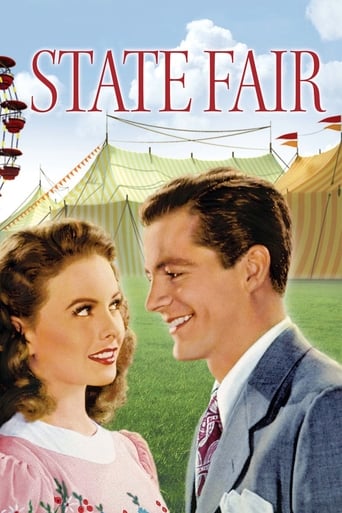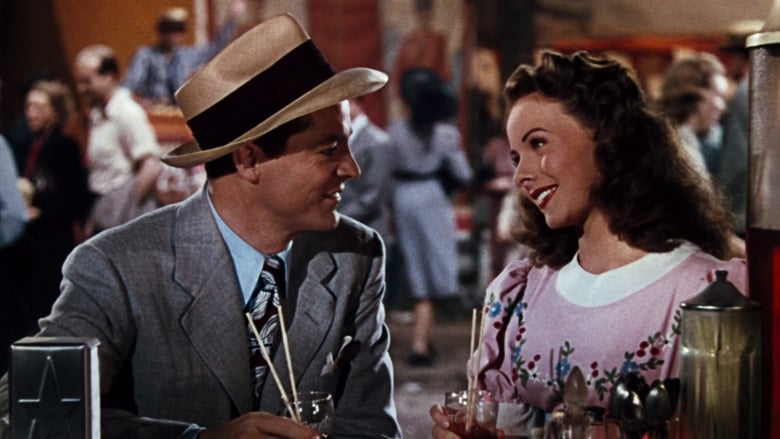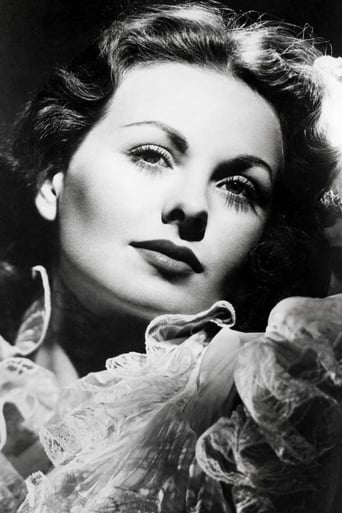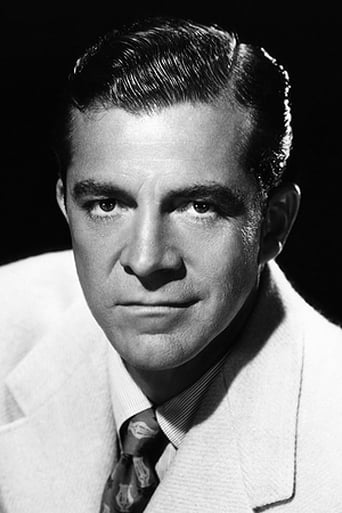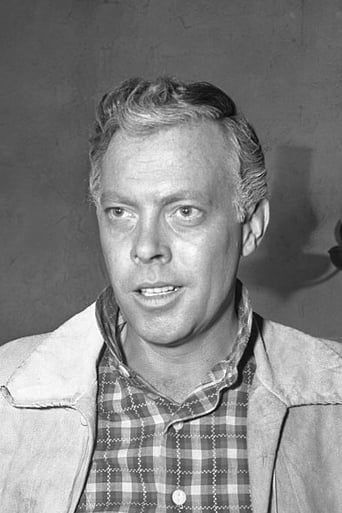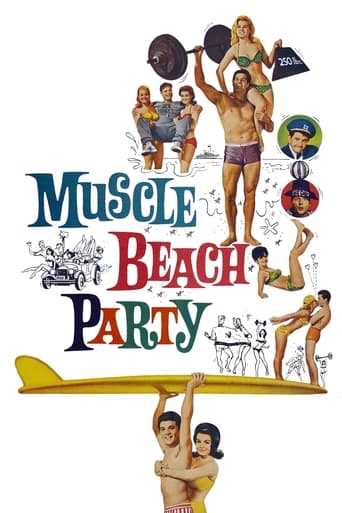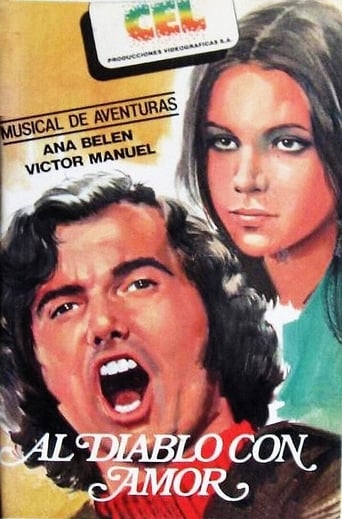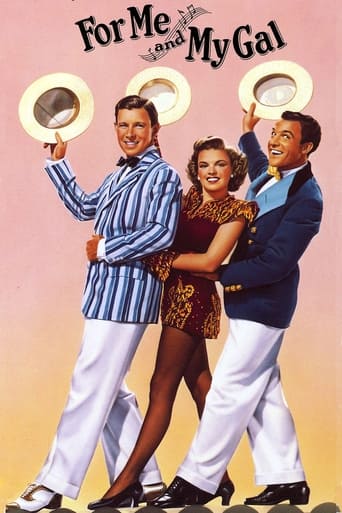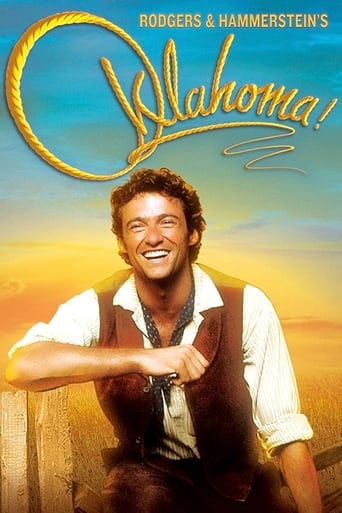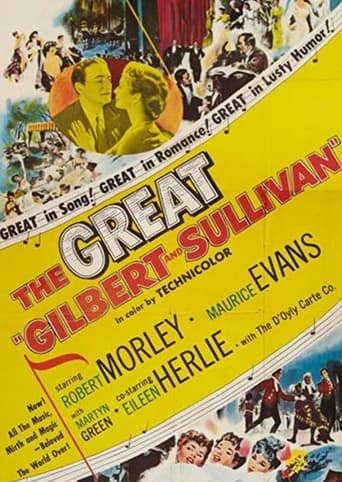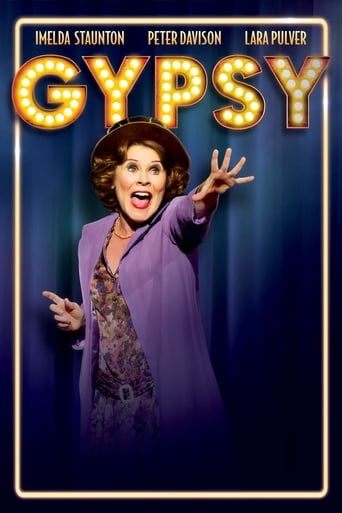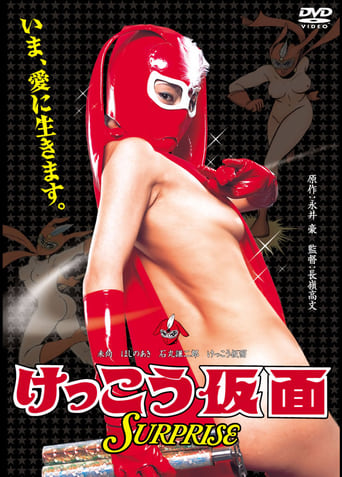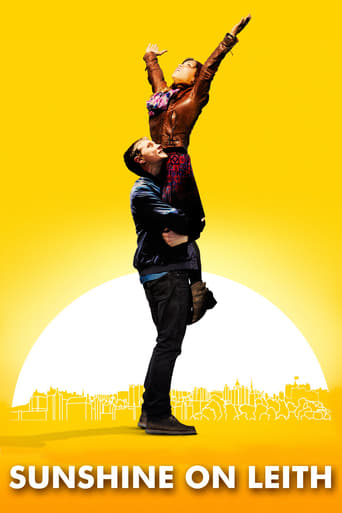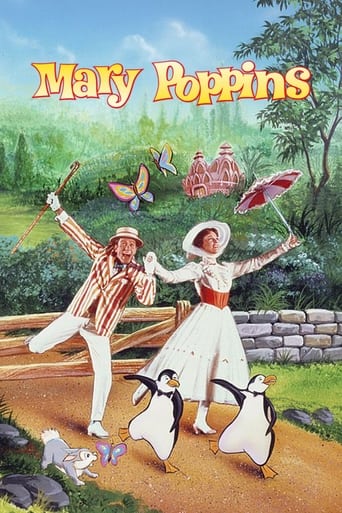State Fair (1945)

During their annual visit to the Iowa State Fair, the Frake family enjoy many adventures. Proud patriarch Abel has high hopes for his champion swine Blueboy; and his wife Melissa enters the mincemeat and pickles contest...with hilarious results.
Watch Trailer
Cast


Similar titles
Reviews
Overrated
I'll tell you why so serious
One of the most extraordinary films you will see this year. Take that as you want.
Actress is magnificent and exudes a hypnotic screen presence in this affecting drama.
Our Ohio State Fair is a great state fair. During the gloomy winter months (like now), I can picture our own state fair beginning next July (only 7 months away!) and think of this movie at the same time. I like this movie better than the 1962 version, because I feel that this 1945 version is warmer, homier and more nostalgic than the later version. Blue Boy is the star. He is a main reason for going. So is mother's canned pickle. The drunk judge is hilarious. Winninger and Bainter fabulous. "Grand Night for Singing". In my childhood, there were the Silver Airplanes (I called them that) in an amusement park. I think they were really early spaceship models. I love this song. Fifteen seconds of Dana Andrews and Jeanne Crain (dubbing?) singing this song in those silver airplanes have forever melted in my memory ever since I first saw them in this movie. The other characters sing verses of this song, but IMO Dana's and Jeanne's part is way more memorable. I like the singing hayseed red-bearded Ioway men. This is also a memorable scene, and to this day I still find it snappy and memorable -- also not too hokey (or hokey-pokey, as S.Z. Sakall would say). Coloration still excellent. Costumes and hair colors show up very well. Movie a little draggy in places, however. I still give it high marks. 9/10.
For their second venture together, Richard Rodgers and Oscar Hammerstein II headed from the plains of Oklahoma to the farmland of Iowa where country folk prepare for the state fair, pop Charles Winninger certain that his prize hog will be top dog, mom Fay Bainter certain that her mince meat is certain to make the judges' eyebrows raise, and their children (Jeanne Crain and Dick Haymes) hope that under the carnival night lights, they'll find romance. "It Might as Well Be Spring", the pretty Ms. Crain sings, and through this Oscar winning song, you see her hopes and dreams, and along with her, you long for her to find them. This, of course, is an adaption of the Philip Stong novel and a remake of a very popular 1933 film which starred the Fox studios sweetheart Janet Gaynor and Will Rogers, the most popular man in America at the time. There would be a third version of the tale, still with Rodgers and Hammerstein's songs attached, in the 1960's, but this middle version is probably the most remembered.Like their previous teaming, Richard and Oscar wrote a tribute song to the state they were praising, and "All I Owe Ioway" is a rip-rousing tribute to one of the gateways to the west. They also contributed a wonderful song celebrating young and old love, with the entire cast singing the merriment of the state fair in "It's a Grand Night For Singing". Of course, the non-singing Crain and Dana Andrews (as the city slicker reporter Crain falls for) are dubbed, but you do get to hear the remainder of the cast's real voices, including Vivian Blaine who would go onto Broadway legendary status with her nasally Adelaide in "Guys and Dolls", here playing the fair's leading lady in a musical show whom Haymes gets to romance.There's also a nice homage to Rodgers and Hammerstein's next Broadway show, "Carousel", as carnival and amusement park rides of all kinds are utilized as part of the action. There's also humor in watching the preparation of ma's mincemeat and judge Donald Meek's reaction to it, which is priceless. Every moment of this home-spun musical is pure joy, and it will be difficult for repeat viewers not to sing along. It's unfortunate that a Broadway version of this show didn't have a long life, but fortunately a recording of that show (utilizing a few songs from lesser known Rodgers and Hammerstein shows) was made. Animal lovers will delight in the sequence where two hogs involved in the contest begin having a conversation here, and you can just imagine the one hog saying to the other, "Lord, what fools these mortals be...."
When people think of the word "musical", one of the first few names that usually come to mind are songwriters Richard Rodgers and Oscar Hammerstein. The most famous musical they've written was also one of the highest grossing movie musicals of all time, "The Sound of Music" (1965). While I won't address the impact that film has made to American culture, I will instead recommend the fans of that movie to take a look at the first movie musical that the team of Rodgers and Hammerstein brought to the screen, "State Fair" (1945). While this film probably won't please those who detest the musical genre altogether, it has plenty of things that musical fans including myself will like. The story to "State Fair" is pretty straightforward. The Frake family is getting ready to head to the Iowa State Fair with each family member having their own dreams about the fair. For instance, Margy (Jeanne Crain) is eager to take a break from the same old routine so that she can feel a little less gloomy. Her brother Wayne (Dick Haymes) is looking forward to the fair even though his current girlfriend can't go with him. Their father Abel (Charles Winninger) is prepping his pig Blue Boy to win at the fair and bets his neighbor five bucks that nothing will go wrong during the trip. Their mother Melissa (Fay Bainter) is preparing pickles and mincemeat for the cooking competition. When they all get to the fair, Margy finds love with news reporter Pat (Dana Andrews) while Wayne also finds romance with band singer Emily Edwards (Vivian Blaine). Will their new relationships go well? Will their mom and dad win at the fair? This story won't be everyone's cup of tea especially if you're not into musicals or love stories, and if you're looking for intense conflicts along with a complex plot and characters. But if you go into this film with the mindset that this is meant to be a light and fluffy musical, then I think you'll like it fine. Though I thought the story certainly wasn't much and there were some odd elements in the narrative (namely the ability of the pigs to "talk" to each other), the four main leads do at least have some sort of likability to them. The chemistry between Haymes and Blaine in particular is the strongest element of the script. Not only does it feel like the most realistic and natural part of the narrative, but they also have a certain charisma on screen together. But as most of us know, the real selling point of almost any Rodgers and Hammerstein movie musical, such as "The Sound of Music" (1965), are the songs themselves. Luckily for "State Fair", it does not disappoint in this category. Though it's been said that her singing voice was dubbed by Louanne Hogan, Jeanne Crain truly owns it when selling the lovely, Oscar-winning tune "It Might As Well Be Spring". The same can be said for Vivian Blaine for singing the exceptional "That's for Me", save for the dubbing since she sings it herself. Blaine and Haymes bounce off of each other very well in the fun musical number "Isn't It Kinda Fun". In terms of its musical soundtrack, "State Fair" is truly a winner. The film was shot in Technicolor when it was being made during the end of World War II. And in a time when U.S. citizens were worried about the status of their loved ones fighting the war overseas, films like "State Fair" seemed to be made at the right place at the right time. It has some wonderful music, bright Technicolor cinematography, nice costumes, and at least two charming leads to bring it all together. Regardless of what criticisms modern audiences might have against it, no one can deny that this picture does what it was made to do: provide pure escapism. And on that level, "State Fair" is a nice and pleasant trip.
I've seen this musical several times before and enjoyed it well enough, but it never really impressed me. Until this time. I put on the 1962 version, watched about 10 minutes, and decided to switch to the 1945 original. Within five minutes it had introduced the theme and had me hooked, and by 10 minutes it had me laughing at some of the same scenes that left me cold with the remake.While I am a great fan of Rodgers & Hammerstein, I hadn't paid much attention to State Fair before. I had always considered Oklahoma! the beginning, and it is, as far as Broadway goes with a debut of 1943, but the film didn't come out until 1955. Rodgers & Hammerstein wrote mostly musicals with an edgy social commentary and included some tears, which are missing from State Fair, which looks weak by comparison. When viewed as their first film, and second musical, the perspective changes. And I'm not so often in the mood for an emotionally stressful musical. State Fair is Rodgers & Hammerstein's most cheerful musical, and their only light comedy, though there is some comedy in all their works. I think in the old broadcast TV rerun movie days, we took this genre for granted, and when I saw State Fair, I basically said, nice movie, and promptly forgot about it. Now I appreciate how delicately and effectively the director Walter Lang worked in the comedy, as well as developed the heart-warming romantic subplots, which modern movies so often flub. I really laughed and chuckled at many scenes, especially the pickle contest tasting, and I genuinely cared about the characters. All the acting was on the mark, even the minor parts, and every scene generated the appropriate emotion, without feeling manipulated. You have to remember when this was made, near the end of WWII, and when it was released, Aug. 30, 1945, shortly after the surrender of Japan. With such timing, Americans must have rejoiced at the return to normalcy State Fair embodied. An edgy, violent musical like Oklahoma! would been wrong for the time. I was just re-watching the Harvey Girls, which came out in January 1946, and it, too, was a light Americana musical. What you see in these two is the birth of the modern film musical, with singing and dancing and a strong plot, but without the crutch of having the leading actors play professional musicians or dancers, as in the 1930s Astaire musicals. The Wizard of Oz in 1939 was actually ahead of these two movie musicals, though it was aimed at children. There is a tip of the hat in State Fair to an even earlier musical, also for children, Disney's enormously successful, but enormously risky, Snow White, the first full-length color animated movie in 1937. Listen to the orchestration and style of the music as Mrs. Frake prepares the mincemeat in the kitchen, particularly as she is grating something -- it matches the style as Snow White is cleaning the kitchen of the seven dwarfs. Their song My State Fair even seems similar to the chords and pace of Disney's Whistle While You Work. I bet audiences in 1945 caught the reference. I guess Rodgers and Hammerstein are giving credit to Snow White as a great musical, and the first to so fully integrate music and plot, as well as including some edgy conflict from the evil queen, perhaps influencing their own approach. The orchestration style reappears briefly near the end of the movie. When I finished watching State Fair, I felt good. This is one of a handful of films that I think you can count on to cheer you up if you are feeling bad, including Princess Bride and Dave. I came away with a new appreciation for the craftsmanship of director Walter Lang, whose credits include The King and I, and No Business Like Show Business.I was also surprised to find that the same Vivian Blaine who plays Emily Edwards also played Miss Adelaide in Guys and Dolls in 1955. Now that's acting. As a footnote, the philosophizing by Dave Miller was a reference to Ralph Waldo Emerson's great essay, Compensation. This is the underlying theme of the story, and the bet establishes a certain tension that carries through the film. But we see that bad does not have to balance good, if we choose happiness. With its focus on bringing a pig to the state fair, this is an obvious companion to Charlotte's Web; another is Friendly Persuasion. All are fine family movies. I think it is safe to say the original is the best. But this is not to put down the 1962 remake. Actually, I think it would be a fine thing to remake State Fair every couple of decades, setting the story in a new generation. State fairs are in at least their third century now. The fundamentals haven't changed much. I think this is a tradition Rodgers & Hammerstein would have approved.

